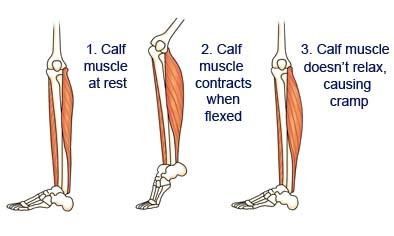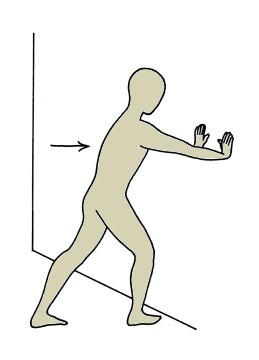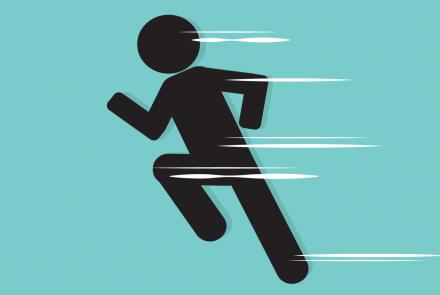Diabetes management is not a one time fix. It requires sustainable lifestyle changes. Registered Dietitian and Diabetes Educator explains the dos and don’ts for eating well and keeping your blood sugar under control.
Whether you have been recently diagnosed with diabetes or are a longstanding diabetes patient, your heart skips a beat while you’re waiting to see your blood glucose reading. You are keen to do all that it takes to bring down the blood sugar quickly – whether it is by omitting…

Do you sometimes get sudden cramps in your calf or toe muscles? Dr. Shital Raval explains the causes and tips to get rid of leg cramps and to prevent them
Leg cramps or Charley horse (term used mainly in Canada and the US) is a common but harmless condition experienced by most individuals. These are sudden painful contractions of the leg muscles often in the calf area. They can last for seconds to a few minutes and rarely last more than 10 minutes.

हिंदी में पढ़ें: पैर में ऐंठन - कारण और बचाव के उपाय
Here are a few causes that may explain this condition:
- Prolonged tightening of muscles that causes contractions, usually seen while sleeping.
- Muscle overuse during exercise or use, commonly experienced by athletes/sportspeople.
- Muscle strain.
- Dehydration, causing electrolyte imbalance usually due to loss of sodium/ potassium/ calcium from body. Seen mostly during diarrhea, vomiting, etc.
- Poor blood circulation in the legs due to Peripheral artery disease or Diabetes.
- Liver problems such as from alcohol abuse, cirrhosis that build-up toxins in blood.
- Chronic kidney failure
- Certain medications such as oral contraceptives, diuretics, statins and salbutamol.
- Lead or mercury poisoning
- Addison’s disease or adrenal gland insufficiency
- Pregnancy, especially in the last trimester
- Neuropathy due to Motor neuron problems, Parkinson’s etc
- Flatfeet
- Cold weather
- Idiopathic or unknown
How to get rid of the cramps:
- Stretching by straightening the muscle affected.
- Walking on tiptoes for a few minutes.
- Cold compresses for chronic cramps.
- Gentle massage of the muscle with hands.
- Painkillers may be helpful if there continues to be tenderness in the muscle after the cramp.
- Quinine (an anti-malarial drug) has been shown to be effective in recent research but has various side-effects. Please check with your doctor before taking this drug.
How to prevent cramps:
- Do regular stretching exercises. While exercising, always start with warm-ups and avoid over-exerting the muscle. Increase the workout intensity gradually
- For frequent calf cramps, stand a meter away from a wall and stretch forward towards the wall with soles on the ground. Hold and repeat this stretching for five minutes.

- When sleeping, use a pillow under the legs or let them hang over the bed. Loose blankets and spacious bed is also helpful.
- Drink lots of water to stay hydrated.
- Include foods that are rich in potassium, calcium.
- Wear proper footwear if you have flat feet.
- Magnesium supplements are recommended for pregnant women.
Condition













